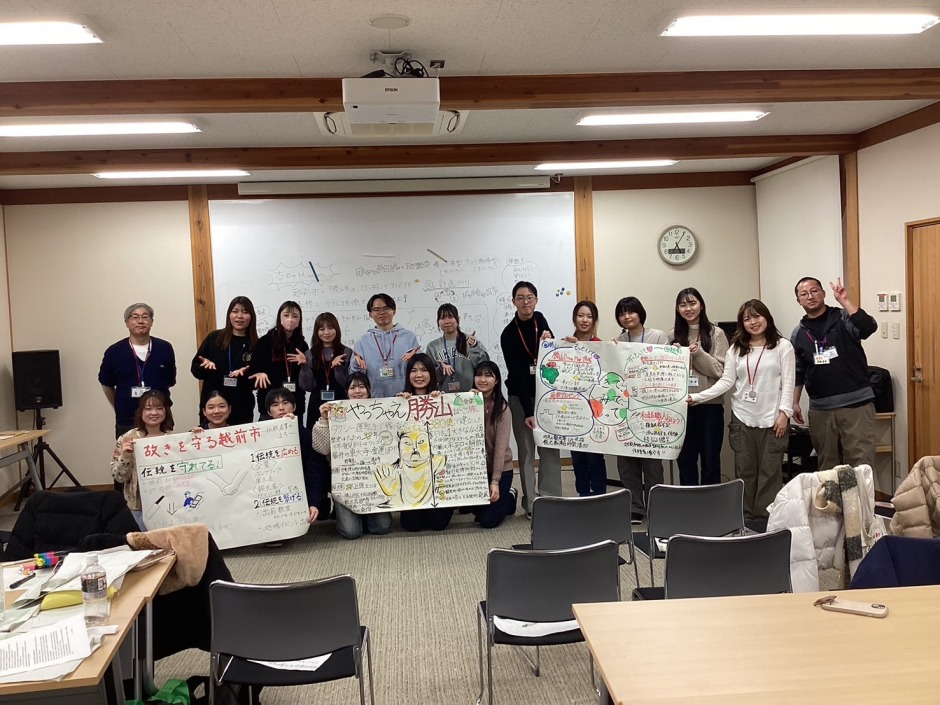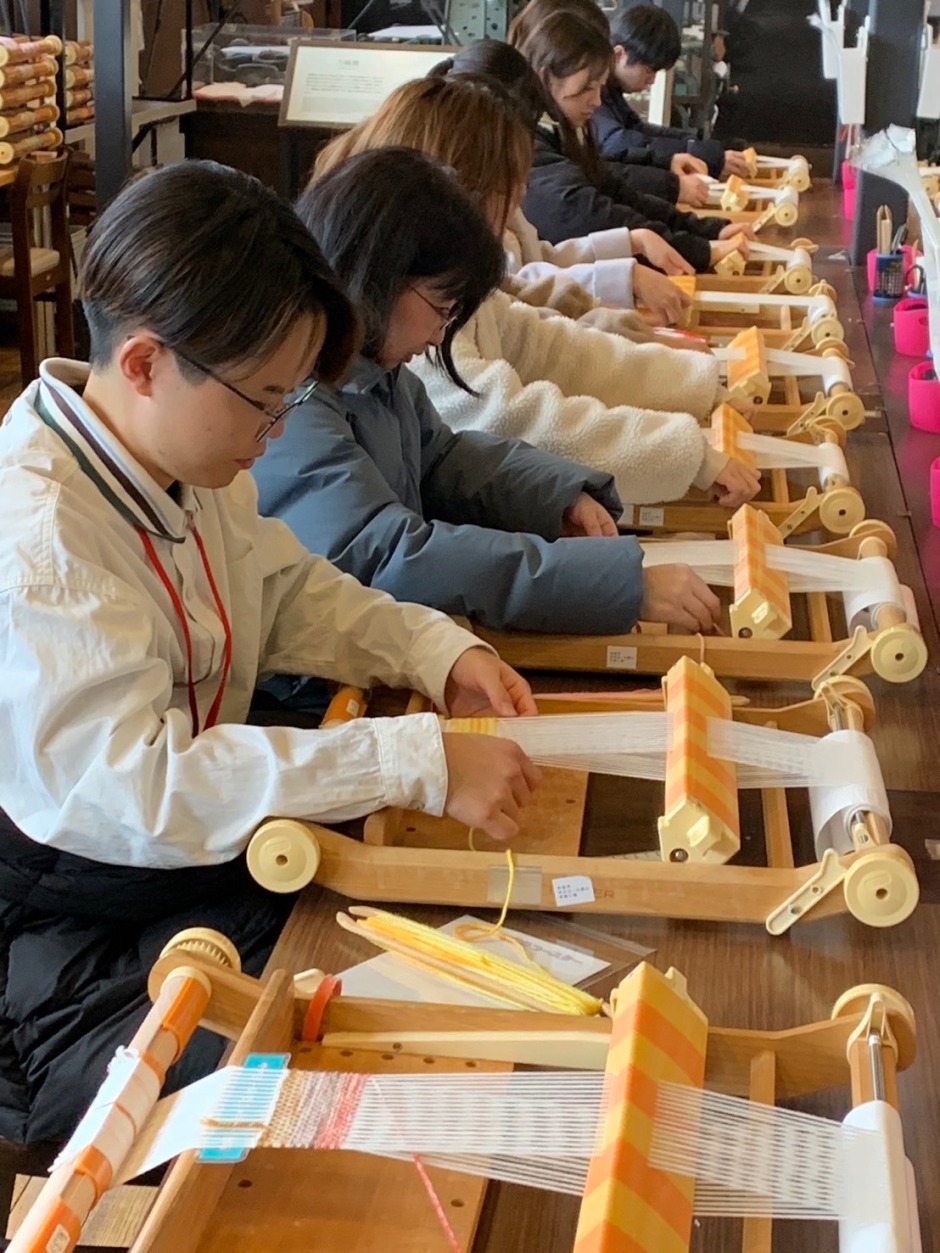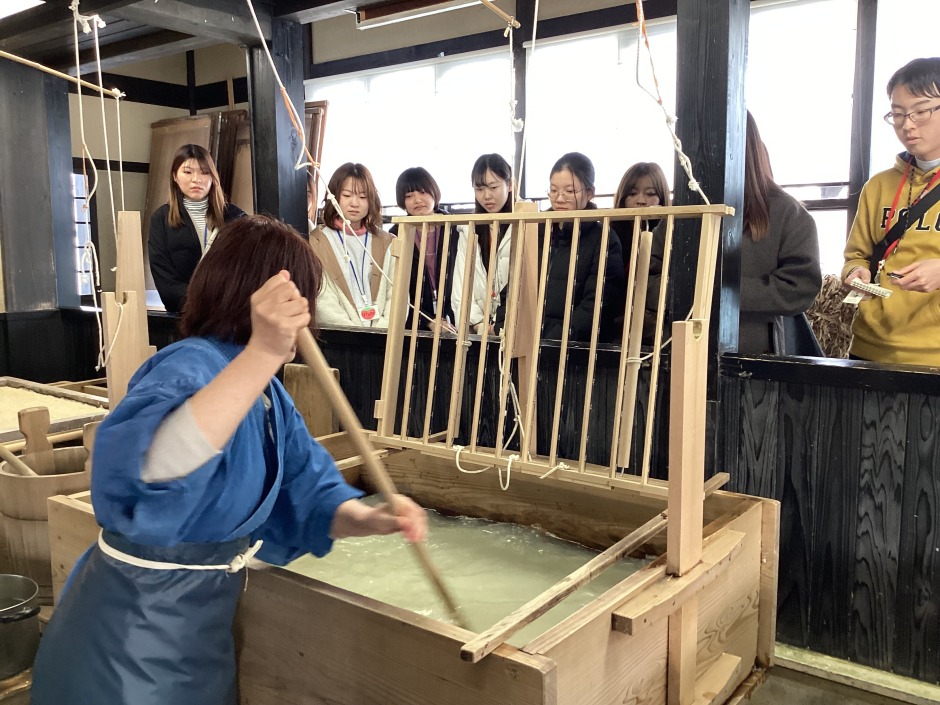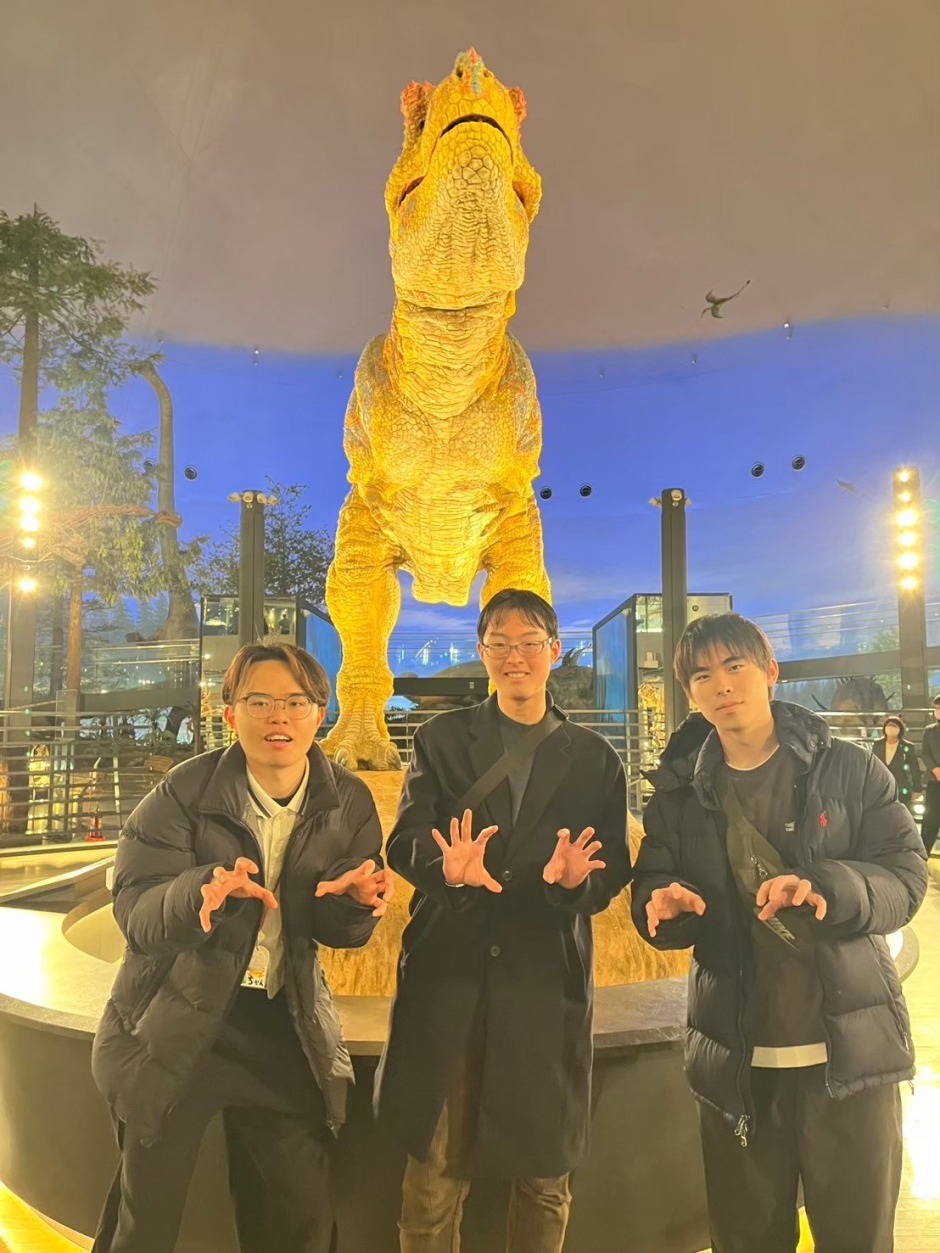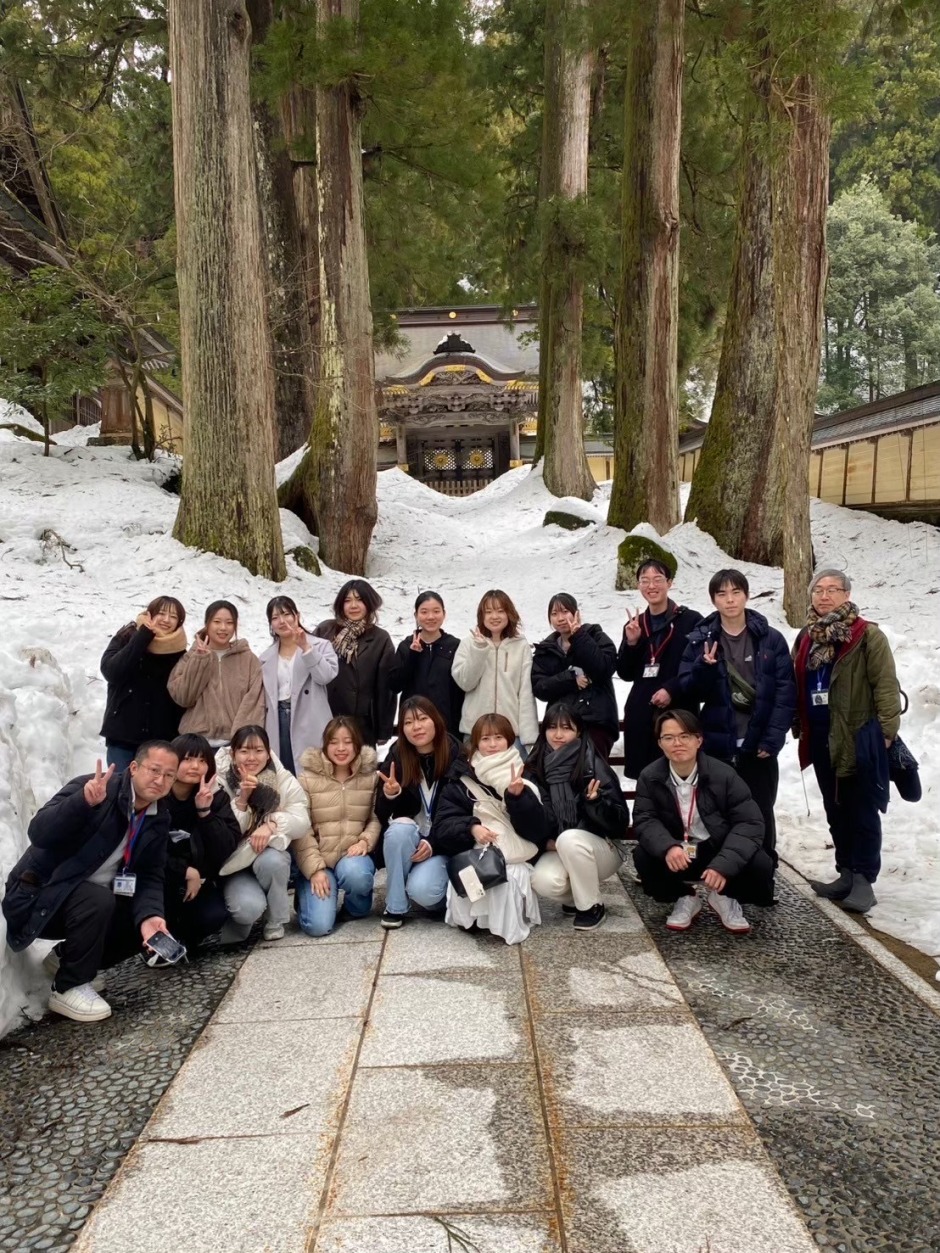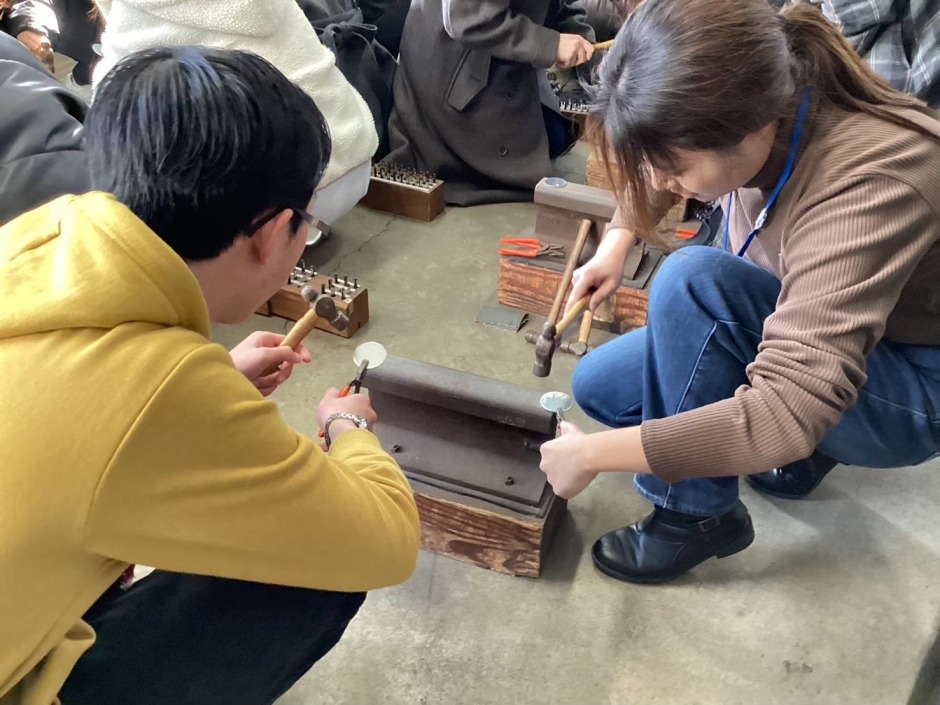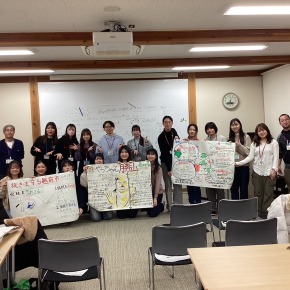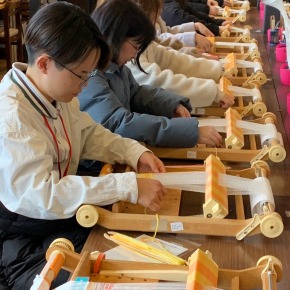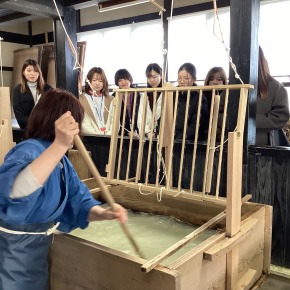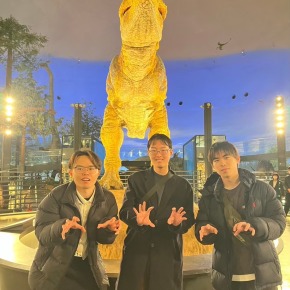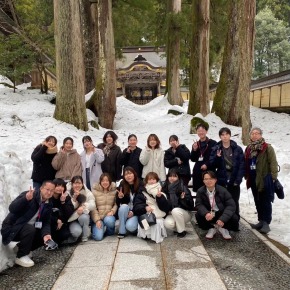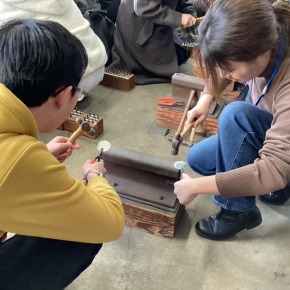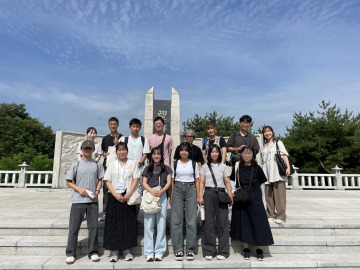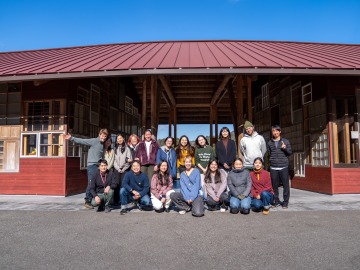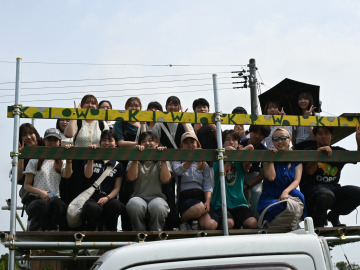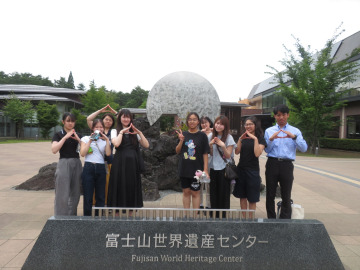Overview of Activities
Destination: Eiheiji Town, Fukui Prefecture (Eiheiji Campus of Fukui Prefectural University), Echizen City, Katsuyama City
Participants: 10 students (including 1 RA)
Period: February 26, 2025 (Wednesday) to March 1, 2025 (Saturday)
Activity Report
Fukui Prefecture can be considered a representative of the local region. With the Hokuriku Shinkansen line extended to Fukui and Tsuruga on March 16, 2024, it has been a critical issue for the region to show solutions for regional revitalization. While Fukui Prefecture is said to have the highest level of happiness in Japan, it also faces the challenges of a declining birthrate, an aging population, and a shrinking population. Can Fukui Prefecture realize a highly productive and profitable region while still maintaining its characteristics? We visited the core areas of Echizen City and Katsuyama City, which form the distinctive industrial economy of Fukui Prefecture, to look for the seeds of future local and regional development and local revitalization measures. On the final day, students made a presentation on branding measures to enhance the value of the region in a grareco format. Six students belonging to the Department of Business Administration, Faculty of Economics, Fukui Prefectural University, also participated in all programs of this study tour.
Experience Report from participants
The 2025 Fukui Study Trip took place in Echizen City and Katsuyama City of Fukui Prefecture, a prefecture often said to have the highest level of Happiness in Japan. Under the theme “Let’s Brand the Region!”, we spent four days and three nights thinking deeply and enjoyably—about the concept of “region”. In today’s Japan, where depopulation and aging are rapidly progressing, what should the ideal form of “local areas” be? Before the trip, during the SI (Social Intelligence) program, I encountered a striking idea: instead of chihō sōsei (regional revitalization), we should pursue chiiki sōsei (community revitalization). The change from “region” to “community” made us reflect on how we might be unconsciously reinforcing the devide between urban and rural areas. With this in mind, we joined the study trip, ready to rediscover the unique charm that each chiiki (community) holds.
Echizen is a city that is rich in tradition; Echizen Washi with over 1,500 years of history, and Echizen forged blades holding a history of over 700 years. We had the chance to visit actual workshops and factories to “see, hear, and touch” the craftsmanship firsthand. These experiences helped each of us connect with the local charm. What are the differences between industries struggling with succession and those thriving? Through fieldwork, we examined these points while seeking clues to effective branding.
Meanwhile, Katsuyama holds many tourism attraction sites, including the Echizen Great Buddha—the largest in Japan—, and the popular Fukui Prefectural Dinosaur Museum―On the way to Katsuyama City, there is also the historic Eiheiji Temple (in Eiheiji Town).― Compared to Echizen, we saw that Katsuyama has a distinct “brand” that shapes their unique identity. Within our given time, we were able to appreciate the beauty of these wonderful regions. On the final day, we developed and presented our own ideas for regional branding.
With 16 participants, we had 16 different perspectives. While respecting and sharing each other’s thoughts, we shaped them into tangible ideas. We also had a pleasure of enjoying local cuisine! We visited local restaurants recommended by Fukui residents, and tried Fukui’s soul food Sauce katsudon, and even handmade Echizen oroshi soba to eat.
Although our ability to make an impact may be limited, this study trip provided a once-in-a-lifetime opportunity to reflect on what we should do, what we shouldn’t do, what we want to do, and what we can do as future contributors to regional development. To all the new WISH residents: the SI programs are valuable opportunities to learn and make meaningful connections. We highly encourage you to take part in this study trip!
Lastly, we extend our heartfelt thanks to Professor Sugiyama and Associate Professor Kitano of Fukui Prefectural University, their students, and everyone else who made this experience possible. And to the WISH members who joined—thank you for an unforgettable four days!
Utsuki Mei
(Translated by Hinako Hayasaki )

